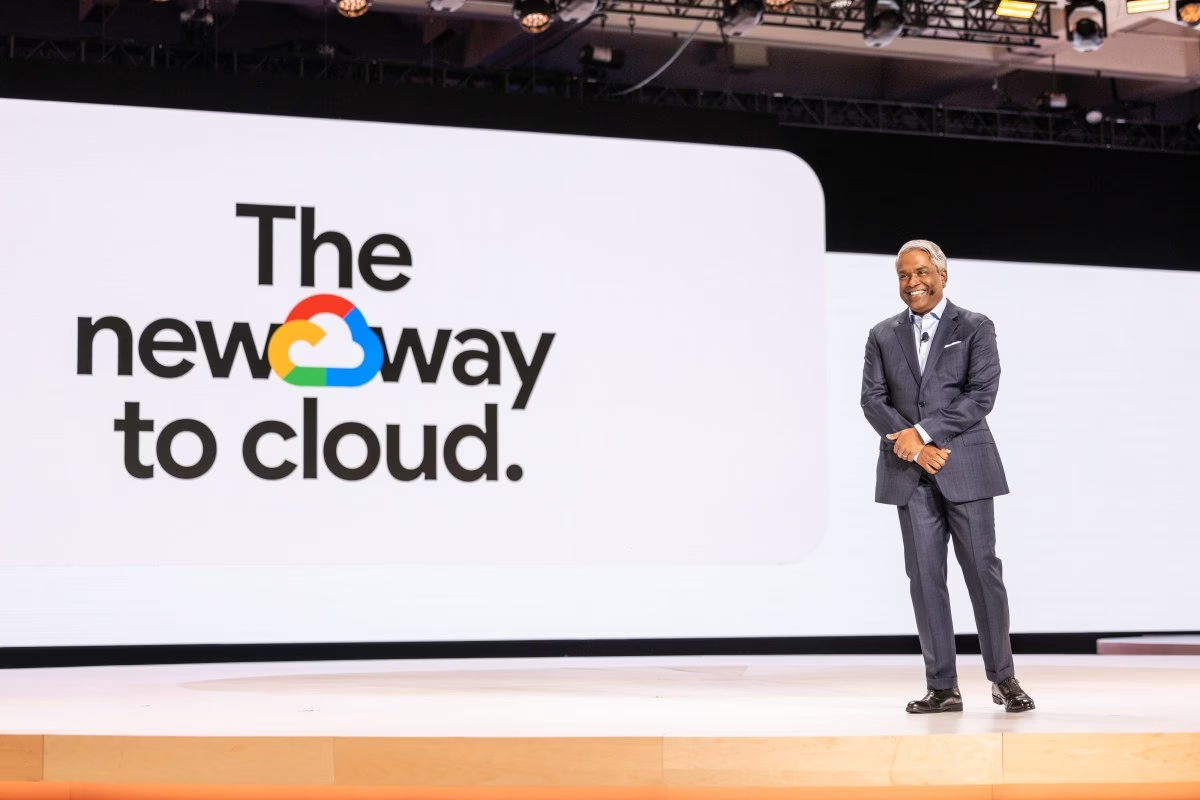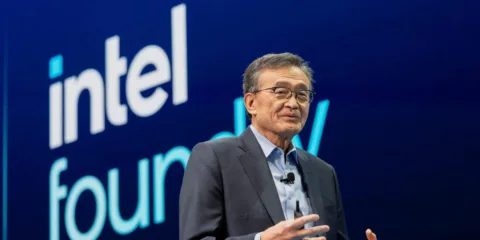Introduction
Welcome to this week’s Tech Industry Review!
From Nintendo’s highly anticipated Switch 2 to OpenAI’s operational bottlenecks, it’s been an action-packed week. Let’s dive into the latest news shaping the future of technology, entrepreneurship, and marketing.
For weekly deep dives like this, be sure to check out Trenzest—your go-to resource for emerging tech trends, automation tips, and market analysis.
Nintendo Unveils the Switch 2
After nearly a decade of anticipation, Nintendo has officially revealed the Switch 2, priced at $450. The new system is designed to enhance what fans already love, focusing on incremental but meaningful improvements.
However, gamers might face delays securing their devices in the U.S., thanks to newly imposed tariffs stemming from trade tensions. While the Switch 2 promises to dominate sales, the timing of its launch could complicate distribution efforts.
OpenAI Faces Capacity Challenges
OpenAI CEO Sam Altman disclosed that their new image-generation tool might experience production delays due to overwhelming demand and capacity constraints. In a series of posts on X (formerly Twitter), Altman reassured users they are “working as fast as we can to really get stuff humming.”
The anticipated release of OpenAI’s next-generation model, o3, had previously been postponed, leaving users eager for new updates.
A College Rejection Story You Won’t Believe
Zach Yadegari, the creator of the viral Cal AI app, shared a surprising story: despite holding a perfect 4.0 GPA and running a $30 million ARR company, he was rejected by 15 top universities. His experience underscores how traditional metrics are evolving—and how entrepreneurial success isn’t always valued in academic admissions.
Leadership Shakeups at the NSA
The Trump administration made headlines again by firing the leaders of both the National Security Agency (NSA) and Cyber Command. Following the sudden dismissals, the agencies are left in a state of uncertainty, with no clear interim leadership identified.
This instability could have significant implications for national cybersecurity efforts.
Amazon’s Nova Act: The Future of AI Shopping
On Monday, Amazon introduced Nova Act, a powerful general-purpose AI agent designed to autonomously navigate web browsers and complete online shopping tasks.
With Nova Act, Amazon launched a “Buy for Me” feature that curates products from third-party sites—without users needing to leave Amazon’s ecosystem.
ChatGPT Image Generator: A New Tool for Fraud?
While AI capabilities expand, so do concerns. Users have already exploited ChatGPT’s new image-generation tool to create fake restaurant receipts, complete with realistic food stains.
This highlights the darker side of AI advancements, particularly the increasing risks associated with deepfakes and fraud. Industry leaders stress the importance of AI ethics and regulation, a recurring topic on platforms like MIT Technology Review.
Rippling vs. Deel: A Tech Espionage Drama
Rippling and Deel, two HR tech giants, are embroiled in a lawsuit alleging corporate espionage. A former Rippling employee claimed he was recruited to spy on his employer, with allegations so cinematic they involve destroying phones with axes!
It’s a story so dramatic it seems destined for a Hollywood adaptation—and one that emphasizes the fierce competitiveness in tech’s talent wars.
Epic Games Calls Out Tech Giants
Tim Sweeney, CEO of Epic Games, once again criticized Apple and Google, accusing them of “gangster-style” monopolistic practices.
Following mixed court outcomes—winning against Google but losing against Apple—Epic’s struggle symbolizes broader frustrations with Big Tech dominance.
Zelle Shuts Down Its Standalone App
Zelle, the popular peer-to-peer payment platform, announced the closure of its standalone app. However, there’s no need for concern—98% of Zelle transactions already occur through partner bank apps. The shutdown reflects a strategic refocus rather than a market retreat.
Plaid’s Valuation Dip Reflects Market Shifts
Plaid, a leading fintech connector between bank accounts and applications, recently sold $575 million in common stock at a $6.1 billion valuation—less than half of its 2021 peak valuation.
This recalibration signals a broader cooling in fintech valuations, reminding startups and investors alike that market dynamics are ever-changing.
The AI Power Surge and Data Center Growth
With AI adoption booming, energy demands are soaring. New and expanded data centers are projected to double AI-related power consumption by 2029. In response, tech firms are racing to secure renewable energy sources, particularly solar, to future-proof their operations.
Tesla’s Brand Turbulence Amid Political Ties
Elon Musk’s political alliances have had a measurable impact on Tesla’s brand reputation. The company’s first-quarter delivery numbers fell short of expectations, raising questions about the long-term effects of Musk’s public persona on Tesla’s core business.
The intersection of business leadership and political activism remains a delicate balancing act, particularly in industries as high-profile as automotive and energy.
Final Thoughts: Staying Ahead in a Rapidly Changing Tech World
This week’s headlines showcase the relentless pace of technological change—and the equally rapid evolution of market expectations.
At Trenzest, we are committed to helping entrepreneurs, tech enthusiasts, and marketers navigate this ever-shifting landscape. Whether it’s understanding the implications of AI disruption, adapting to market volatility, or future-proofing your brand, staying informed is your competitive advantage.
Subscribe to Trenzest today to receive actionable insights and stay ahead of tomorrow’s trends.




